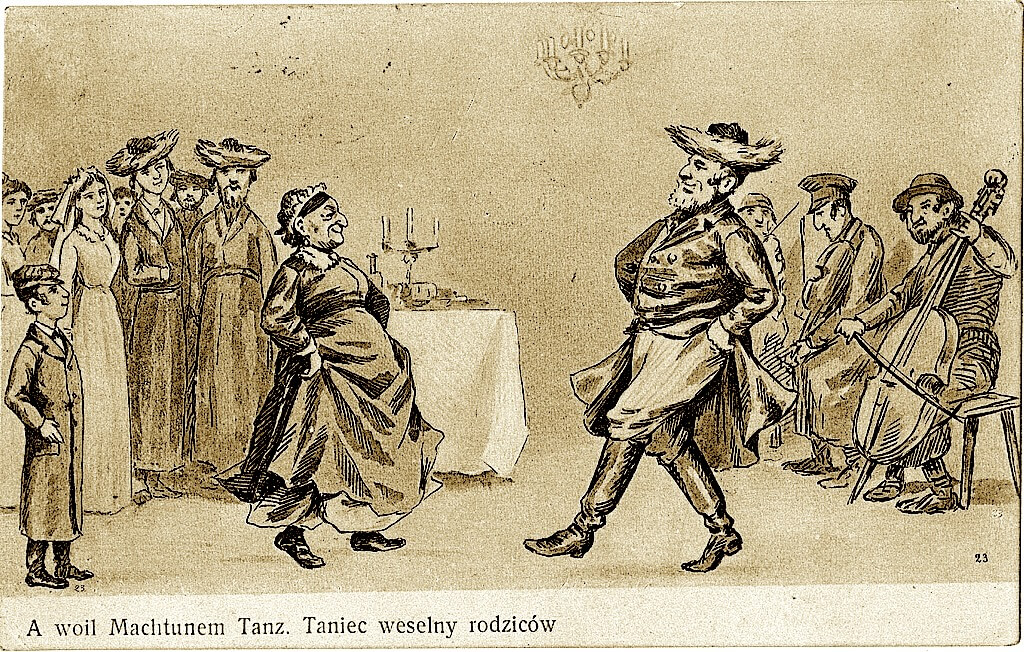The J Street Challenge
J Street’s coming out party was an exuberant, over-subscribed success. Now come the challenges.
And they come from all directions. The scope and depth of attendees at J Street’s first-ever conference — from participants who lined the walls of packed rooms to well-placed speakers from the American and Israeli governments — proved that the new, scrappy liberal lobby is a force to be reckoned with.
There have been times during the 18 months since J Street burst on the national scene that the Jewish establishment acted as if it were an annoying teenager with wacky, dangerous ideas, who was better left isolated and alone until adulthood set in.
But J Street is tapping into a well of discontent shared by many American Jews who are troubled by the actions of the current Israeli government and sometimes don’t feel connected enough to Israel and the American Jewish community to work through their questions and concerns. Especially when raising those questions in certain venues is most assuredly unwelcome.
So they grumble, or stay away. And now some of them have found a new address to park their passion.
If, at its best, J Street is striving to put forward “a thoughtful, moderate, mainstream point of view about how to save Israel as a Jewish home,” as its executive director, Jeremy Ben-Ami, recently put it, then engagement with the new lobby is the proper response. Engagement doesn’t mean agreement. But engagement can often have the productive side effect of strengthening moderates and sidelining more extreme elements.
In snubbing the conference, the Israeli government sadly missed the opportunity to present its perspective to those who have, until now, stayed away, and to signal that it welcomed informed, respectful debate among all Jews. That exists in Israel. Why not in the Diaspora, too?
But the challenges don’t end there. If J Street is to be taken as a serious, pragmatic player in influencing American policy and debate, then it has to be unafraid to live up to its promise to be pro-peace and pro-Israel. Ben-Ami said before the conference that he hoped the group would be attacked from the left, because that would prove its centrist standing. Actually, it’ll take more than that to prove those credentials.
J Street’s aversion to labels — its board is discussing whether to call itself Zionist, while its college arm controversially decided to allow its individual campus affiliates to omit the phrase “pro-Israel” from their self-descriptions — may be a tactical strategy to enlarge the tent. But it hints of an unwillingness to forthrightly trumpet its core values, even at the risk of making potential supporters uncomfortable. As Margaret Thatcher once famously said, “this is no time to go wobbly.” Support for the notion of Israel as a Jewish and democratic homeland that is couched in terms of ambivalence or embarrassment is, in the end, no support at all.
The established Jewish community has choices to make, and so does J Street.
A message from our Publisher & CEO Rachel Fishman Feddersen

I hope you appreciated this article. Before you go, I’d like to ask you to please support the Forward’s award-winning, nonprofit journalism during this critical time.
We’ve set a goal to raise $260,000 by December 31. That’s an ambitious goal, but one that will give us the resources we need to invest in the high quality news, opinion, analysis and cultural coverage that isn’t available anywhere else.
If you feel inspired to make an impact, now is the time to give something back. Join us as a member at your most generous level.
— Rachel Fishman Feddersen, Publisher and CEO






















